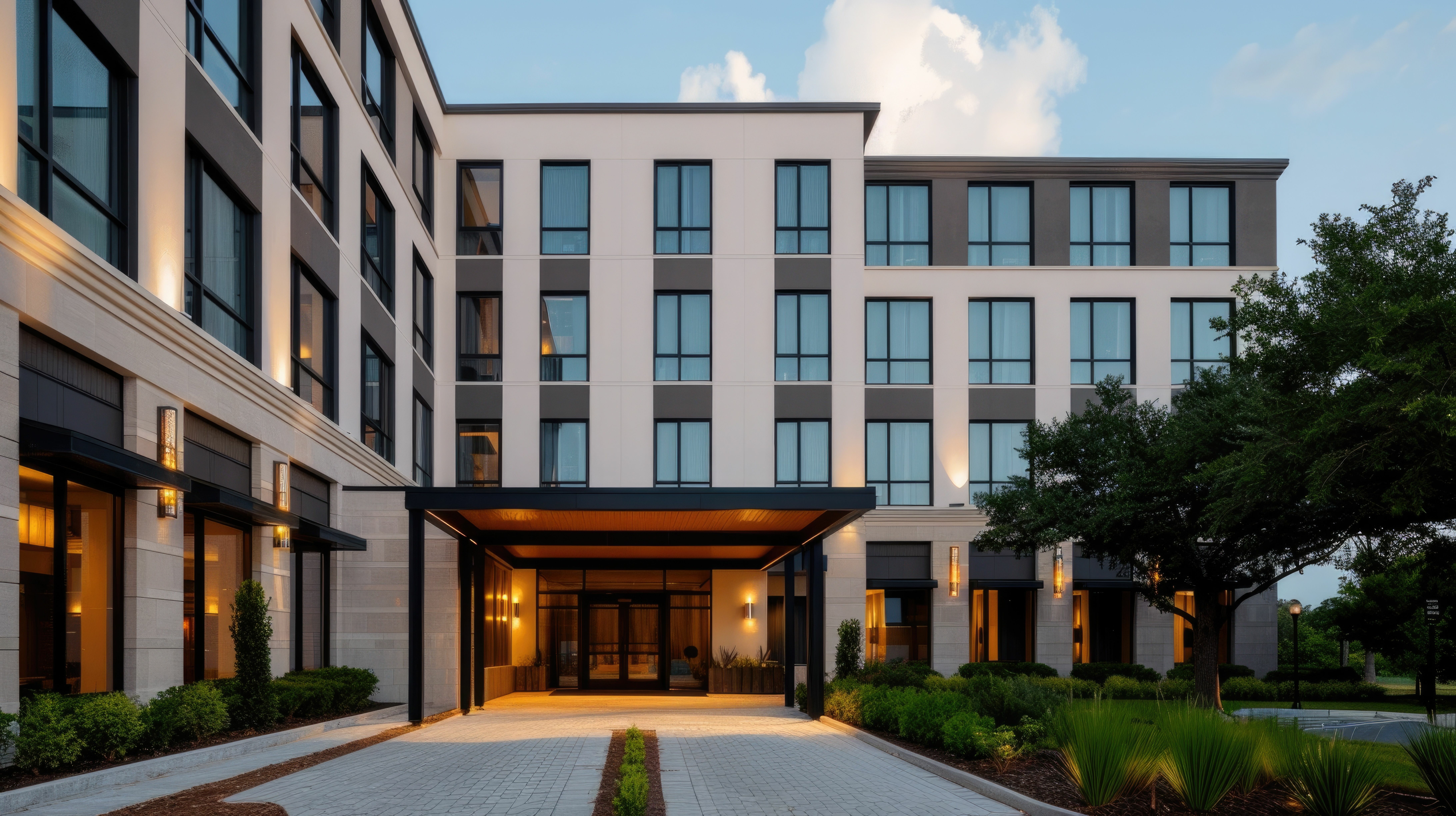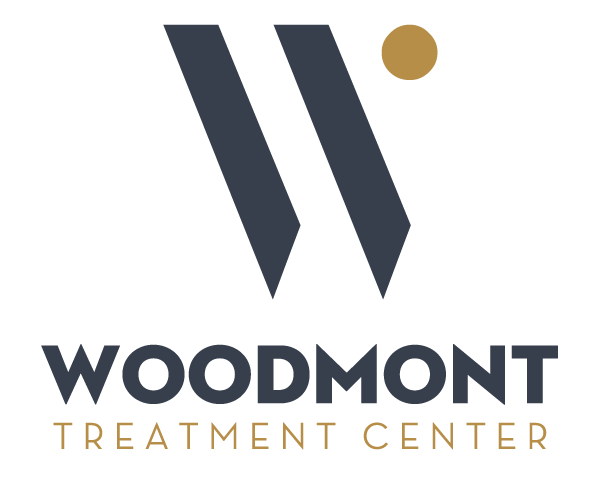Mental Health & Addiction Treatment in Queens
Queens Treatment Centers
Find the best mental health & addiction treatment centers in Queens with the help of Woodmont Treatment Center. We offer you real, personalized solutions based on your individual needs in treatment.

100+
Addiction Treatment Centers in Queens, NY: Your Guide to Recovery
Queens is a vibrant and diverse borough of New York City, home to millions of residents from all walks of life. However, like many urban areas across the country, Queens faces ongoing challenges related to substance abuse. The fast pace of city life, exposure to stress, economic pressures, and the accessibility of drugs and alcohol all contribute to growing rates of addiction throughout the borough. Substance use disorders do not discriminate—they affect individuals of all ages, backgrounds, and professions. Whether it's alcohol dependency, opioid addiction, prescription drug misuse, or stimulant abuse, the consequences can be devastating. Addiction impacts not only the individual but also their families, communities, and future. Fortunately, there are high-quality resources available to residents of Queens, including nearby options like Woodmont Treatment Center in Andover, NJ. Woodmont Treatment Center offers a compassionate, comprehensive approach to addiction recovery. Just a short distance away, our serene and luxurious facility provides New York residents with a place to heal—away from triggers, chaos, and judgment. Our evidence-based care is delivered by a team of licensed professionals dedicated to your recovery, wellness, and long-term success.
Local Resources
Discover how our evidence-based addiction treatment programs can help you find long-term recovery from drug & alcohol abuse today.
Addiction Treatment Options & Levels of Care in Queens, NY
Queens offers a wide range of addiction treatment options tailored to meet the unique needs of individuals at different stages in their recovery journey. Whether you’re beginning to seek help or looking to maintain sobriety, understanding the levels of care available can guide you to the most appropriate and effective path.
Residential or inpatient treatment provides round-the-clock care in a supportive, substance-free environment. This immersive level of treatment is particularly beneficial for individuals with severe addiction, dual diagnoses, or a history of relapse. Clients live on-site and participate in a full schedule of therapeutic activities, including individual and group counseling, 12-step facilitation, family therapy, and holistic wellness services. Residential treatment removes distractions and stressors, allowing clients to fully focus on healing and rebuilding their lives.
Partial Hospitalization Programs offer the most intensive level of outpatient care. PHPs involve attending treatment for most of the day—typically 5 to 6 hours per day, five days a week. Clients return home or to a sober living residence in the evenings. PHPs are ideal for those who need significant clinical and psychiatric support but are medically stable enough to live outside the facility. Services include psychiatric care, medication management, trauma-informed therapy, and holistic interventions like yoga and meditation.
Intensive Outpatient Programs provide a more structured approach for those who require frequent therapeutic support but do not need 24/7 supervision. Clients attend therapy three to five days per week for several hours each day, allowing for deeper engagement in their recovery while still maintaining some independence. IOPs typically include individual and group therapy, coping skills workshops, family counseling, and relapse prevention planning. This level of care is often used as a step-down from residential or PHP treatment or as a step-up from traditional outpatient care.
Outpatient treatment is best suited for individuals with mild to moderate substance use disorders who can manage their recovery while living at home. These flexible programs typically involve attending therapy sessions one to three times per week and are designed to accommodate work, school, or family responsibilities. Services may include individual therapy, group counseling, relapse prevention education, and peer support. Outpatient care is often ideal for those with a stable home environment and strong external support system.
The Importance of Dual Diagnosis Treatment
Many individuals struggling with addiction also face co-occurring mental health disorders, such as anxiety, depression, PTSD, or bipolar disorder. This combination, known as dual diagnosis, requires integrated treatment that addresses both substance use and underlying mental health conditions simultaneously.
At Woodmont Treatment Center, we specialize in dual diagnosis care. Our licensed clinicians work closely with each client to understand the full scope of their experience, creating a customized plan that promotes both emotional healing and lasting sobriety. Treating both conditions together improves long-term outcomes and helps clients regain control of their thoughts, behaviors, and choices.


Addiction and Mental Health Statistics in Queens, NY
Understanding the scope of addiction and mental health issues in Queens emphasizes the need for accessible, high-quality care:
Opioid overdoses continue to rise across NYC, including Queens. Fentanyl—a powerful synthetic opioid—is now the leading cause of overdose deaths.
Alcohol remains one of the most commonly misused substances in Queens, contributing to a range of health and societal issues, from liver disease to impaired driving and family conflict.
Rates of marijuana, prescription stimulant, and vaping-related substance use have increased among teens and college-aged residents.
According to NYC Health, nearly 1 in 5 adult New Yorkers experience a mental health disorder in any given year, and untreated mental illness often goes hand-in-hand with addiction.
These statistics reflect a critical need for effective, compassionate treatment programs that address both substance use and mental health concerns.
Emergency Addiction Resources in New York
If you or a loved one is in crisis, immediate help is available through the following New York-based resources:
- NYC Well – Call or text 1-888-NYC-WELL Free, 24/7 mental health and substance use crisis support.
- SAMHSA’s National Helpline – 1-800-662-HELP (4357) Confidential treatment referrals and information available nationwide.
- HOPEline (OASAS) – 1-877-8-HOPENY (467369) Call or text for free, confidential support and referrals within New York State.
- 988 Suicide & Crisis Lifeline – Call or text 988 Immediate mental health crisis intervention and support.
What to Look for in a Queens Drug & Alcohol Rehab Program
When selecting a treatment program, consider these essential elements to ensure a high standard of care and a better chance at long-term recovery:






How to Pay for Addiction Treatment in Queens, NY
Finances should never be a barrier to life-saving treatment. At Woodmont Treatment Center, we work with clients to find affordable options for care:
We accept most major insurance providers and offer free benefits verification to help you understand your coverage.
Public insurance programs may cover detox, therapy, and medication-assisted treatment for eligible individuals.
We offer flexible, interest-free payment plans for those paying out-of-pocket.
In some cases, financial aid may be available to qualified individuals based on need and availability.
Our admissions team is here to guide you through your financial options and make sure you can access the treatment you need without unnecessary stress.
Common Questions About Addiction Treatment in Queens
How long does addiction treatment take?
Program lengths vary, but most residential programs last 30 to 90 days. Outpatient and IOP care may extend over several months depending on your needs.
Is detox always required?
If you’re physically dependent on substances like alcohol, opioids, or benzodiazepines, a medically supervised detox is often necessary to ensure safety and stability before beginning therapy.
Can I still work or go to school during treatment?
Yes, outpatient and IOP programs are designed to offer flexible scheduling so you can maintain your daily responsibilities while receiving support.
Are family members involved in treatment?
Absolutely. We offer family therapy and educational support to help loved ones understand addiction and become part of the recovery process.
What happens after I complete a treatment program?
We provide robust aftercare planning, including therapy referrals, support groups, alumni programs, and ongoing relapse prevention to help you maintain your recovery.
Most Insurance Accepted
Here at Woodmont Treatment Center of New Jersey, we work with most major commercial insurance plans to help ease the financial stresses associated with treatment. Our caring and experienced admissions team will walk you through your personal options for treatment based on your individual benefits and coverage options.


















What Our Clients Say About Woodmont

Begin Your Recovery Journey at Woodmont Treatment Center
Recovery isn’t just about breaking free from addiction—it’s about rediscovering who you are and building a future rooted in purpose, health, and hope. For individuals and families in Queens, NY, access to compassionate, high-quality treatment is closer than you think. At Woodmont Treatment Center, we combine clinical expertise with a serene and supportive environment to guide you through every phase of healing.
Whether you’re taking your first steps toward sobriety or seeking renewed stability after relapse, our team is here to walk beside you. With personalized care plans, a full continuum of services, and a deep commitment to your well-being, Woodmont provides everything you need to begin—and sustain—your recovery journey.
- 24/7 Medical Staff Onsite
- Experience Clinicial Team
- Trauma-Informed Care
- Client-Centered Program
- Dual-Diagnosis Foundation
- Integrative Medical Care
- Advanced Family Program
- Woodmont Aftercare+
Don’t wait to take control of your life. Contact Woodmont Treatment Center today to speak confidentially with our admissions team, verify insurance coverage, or learn more about how we can help you or your loved one find lasting recovery.
How to Reach Us
address
293 Route 206, Andover Township, NJ
admissions@woodmontnj.com
Admissions
1-800-123-4567







